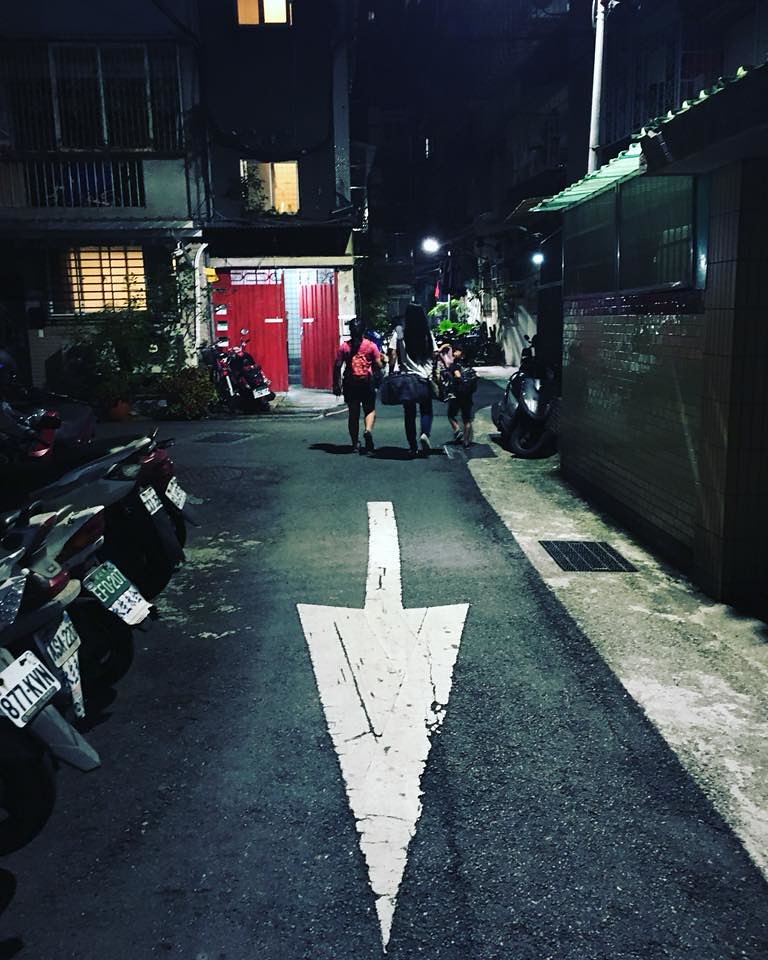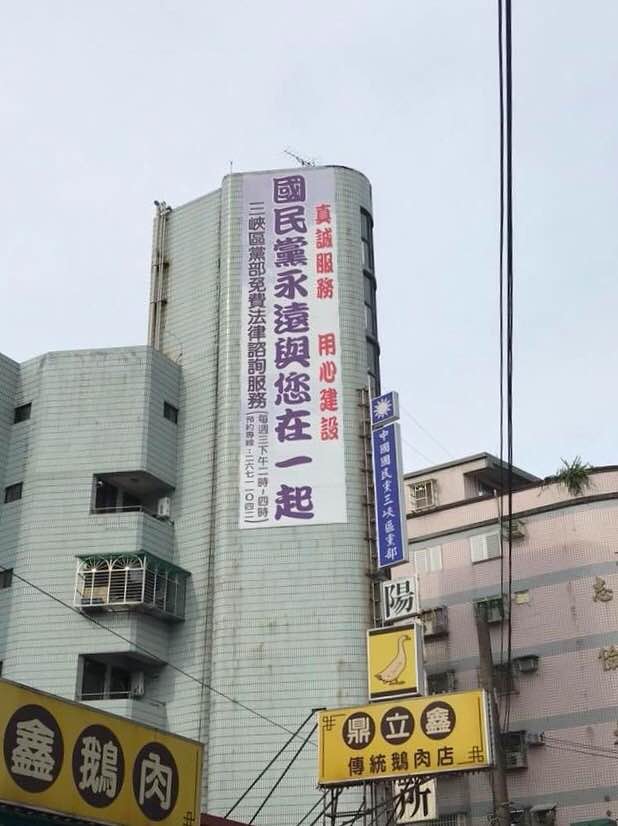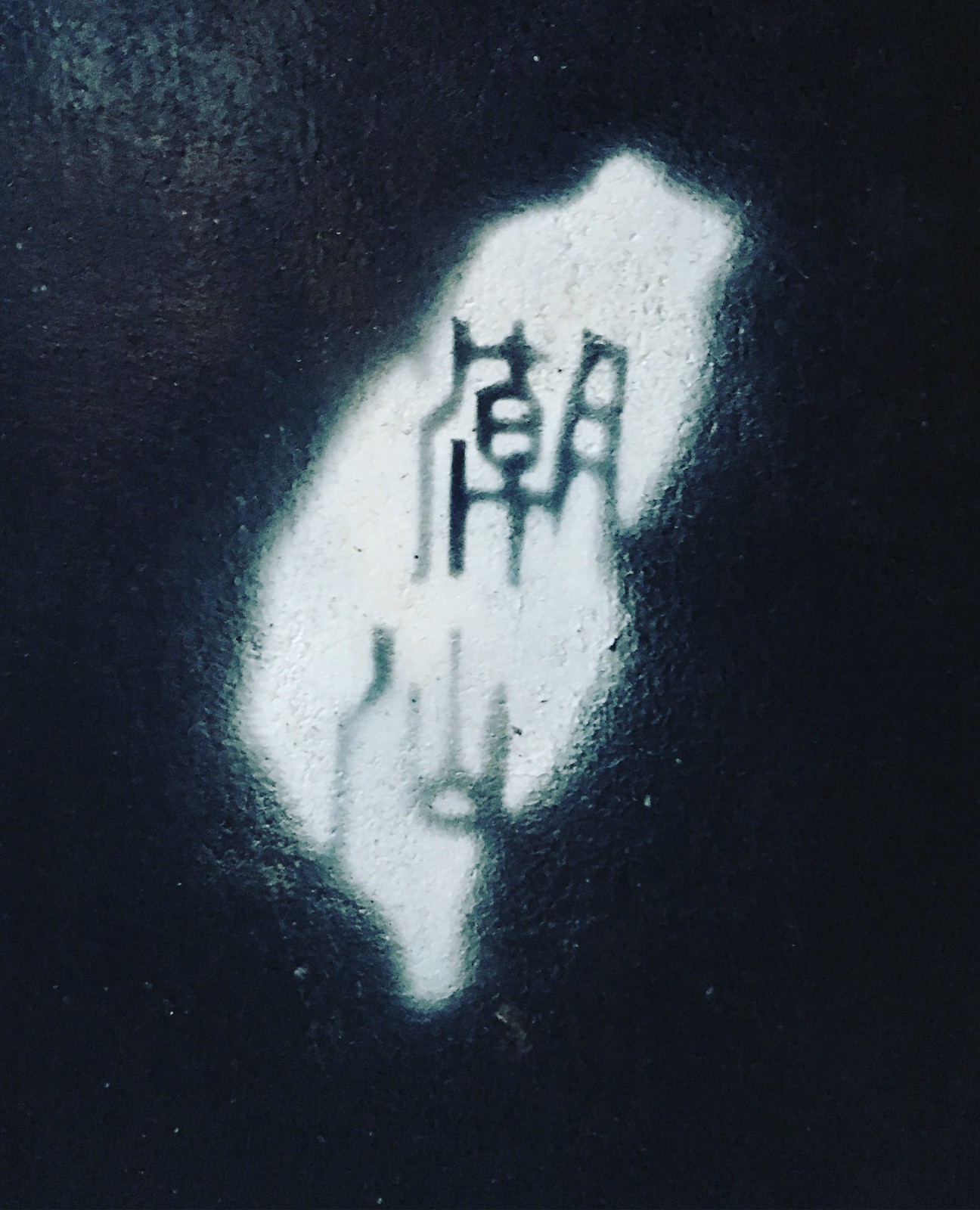 |
| You think they're going this way, but they're going that way. |
Something struck me as I read this clickbait-reconfobulated piece on women's expectations of salary, both of themselves (as mothers) and their husbands.
What jumped out at me - assuming the piece got the numbers right - was this:
Taiwan’s female workers will not consider entering marriage if their prospective husbands earn less than NT$51,872 (US$1,730)
and
Asked about the reasonable monthly salary for “mothers,” if to be paid, female respondents expected an amount of NT$53,031 (US$1,769) on average, NT$3,042 (US$101.5) higher than the 2017 figure of monthly income released by the government's Directorate-General of Budget, Accounting and Statistics, standing at NT$49,989 (US$1,668), reported CNA.
Note the discrepancy: women have higher expectations of their own salaries than they do of a prospective husband's salary.
This is awesome: women setting goals for themselves that exceed what they expect men to provide for them. Not only that, women expect to earn a bit more, as mothers, than they expect the father (traditional role: provider) to earn. That's huge! This wasn't academic research (it was a survey by a jobs website) but it indicates a fertile area for research and discussion.
There is a quote by someone from the website that did the survey talking about how women think mothers deserve higher pay, but it's impossible to really parse it, as it's never clarified if any questions are asked about women's salary expectations for themselves independent of marital/childbearing considerations. In any case, it makes little sense that women would expect a salary boost from employers when having children doesn't make them better workers (though it doesn't make them worse, either.)
Yet not only did the article get it wrong - it's not reported whether the survey included a comparison question on what women expect to earn if they are not mothers - but the headline did too:
Taiwan's female workers expect prospective husbands to earn NT$51,872 at minimum: poll
Why focus on that (except other than to create clickbait) when the aforementioned comparison is far more interesting? Why focus on the same old tropes of what women expect of their husbands when the more fruitful discussion is centered on what women expect of themselves?
These problematic and harmful stereotypes about what 'Asian values' are and what they mean, even when stated in the spirit of trying to be 'respectful' of the spectrum of Asian cultures, not only hurt Taiwan but also hurt women.
I've written before about how Taiwan's struggle for recognition in a world that seems determined to ignore it mirrors what women deal with as they struggle for equality and recognition in a world that seems determined to focus on male achievement. I've also talked about how so many Western liberals get it so completely wrong when talking about "Asian values" or their version of what it means to be a moral or cultural relativist who "respects cultural differences" and how that impacts Taiwan. This is a country that is best understood not through the lens of what Westerners believe Asians think, but through the lens of universal values: freedom, democracy, equality, human rights and self-determination.
It's the same regarding women in Taiwan. It's easy to conclude from chaff like this that in Asia, women's expectations and ideas are focused on traditional roles or relational notions of family, role and gender when the discussion is framed specifically to make you think that. In fact, a great deal of wordage is spilled trying to make exactly this point: it's traditional. It's their culture.
This is mirrored in the way discussions on issues like Taiwan's sovereignty are framed in such a way that they often make Westerners, whom you'd think would be supportive of Taiwan's pro-liberal democracy message, see things from a pro-China perspective. China aggressively pushes and benefits from this whole 'we're Asians, we think differently, it's our culture' worldview. Just ignore those pesky Taiwanese creating all those tensions with their determination to keep their freedom. This is Asia, don't call it dictatorship - call it 'Asian-style governance'.
Let me give you a glimpse of what is lost when we flatten the discussion this way.
Under Japanese rule, there was a brief period when Japan tolerated some freedom of expression in Taiwan. This was also a period when a small number of elite Taiwanese women studied in Japan or China, and were exposed to feminist discourse there. Granted, many of the ideas originated in the West, but crucially, they were being discussed by Asian women in Asian contexts. They disseminated to Taiwan not from the West directly but via intellectual centers in China and Japan - Asian women talking to other Asian women. While not autochthonous, it was not impossible to conceive of Western ideas of gender equality and individualism in Asian cultural frameworks, though most of this discourse was confined to elite/wealthy social classes. Anyone familiar with the May Fourth movement already knows this.
This was eventually quashed - first by the Japanese and then by the KMT - and didn't return until the 1970s, when Taiwanese pro-democracy and pro-independence activism also experienced a rebirth (emphasis mine) and reanimating burst of activist vigor (if you think Taiwanese identity and independence rhetoric originated in the 1970s, you are wrong on that count, too.) It really took flight - just as Taiwanese activism did - in the 1990s with the democratization of Taiwan, not as a gift from geneous KMT benefactors (don't make me laugh), but at the insistence of the Taiwanese people.
So, please, let's spare each other the embarrassment of a gamut of well-meaning Westerners who flatten Asia and think by doing so, they have understood it. Let's end the implication of such discourse: that Taiwanese (or any Asian culture) are incapable of grasping concepts of equality, individuality and freedom. Of course they are. They're not stupid.
And let's stop pretending that everything in Asia - from Taiwanese identity to women's equality - can be explained, sorted and filed away under outdated assumptions of what "Asians" think. Both in terms of women's roles and beliefs, and in terms of Taiwan.
Nothing is ever that simple.
(Historical source: Chang, D. - Women's Movements in Twentieth-Century Taiwan)



